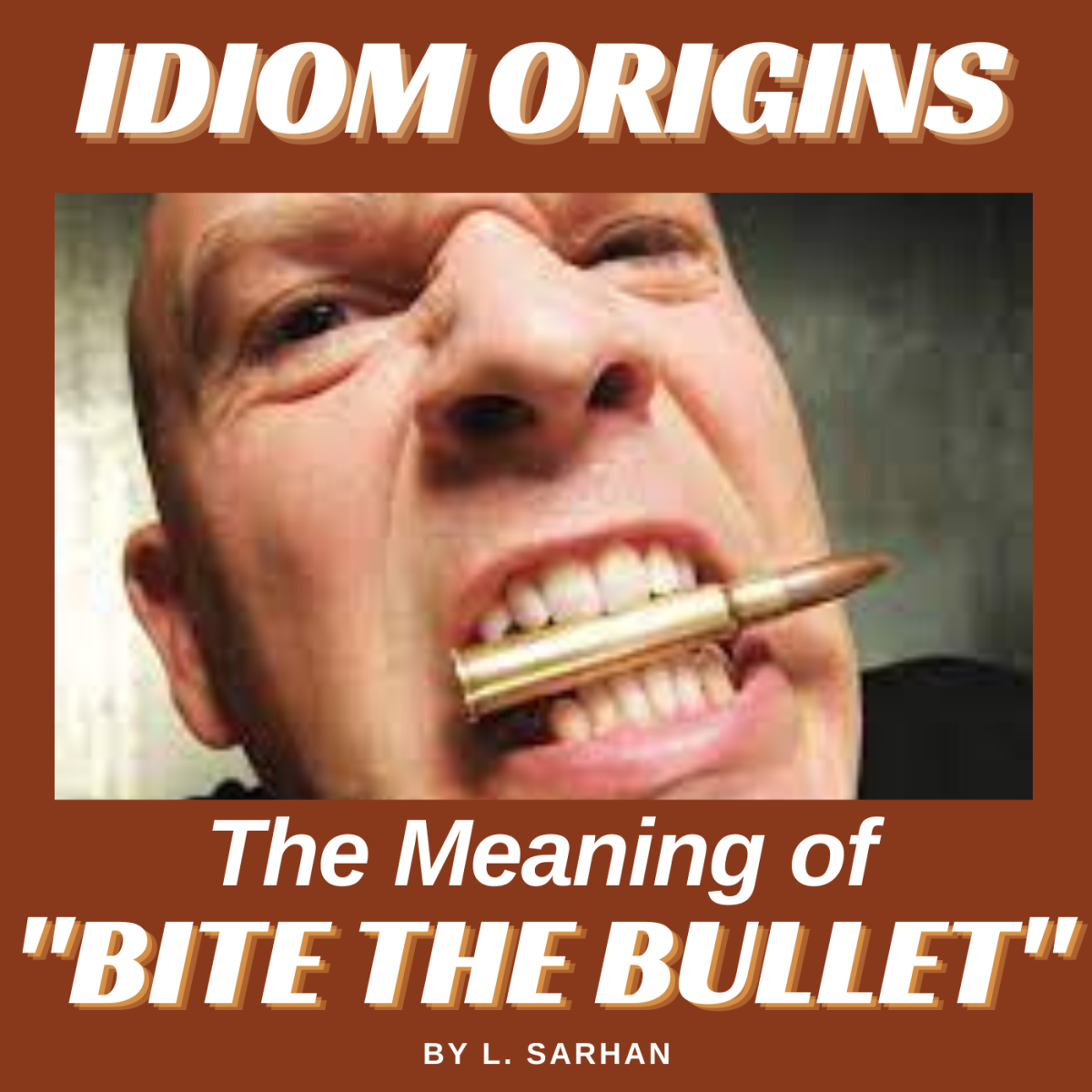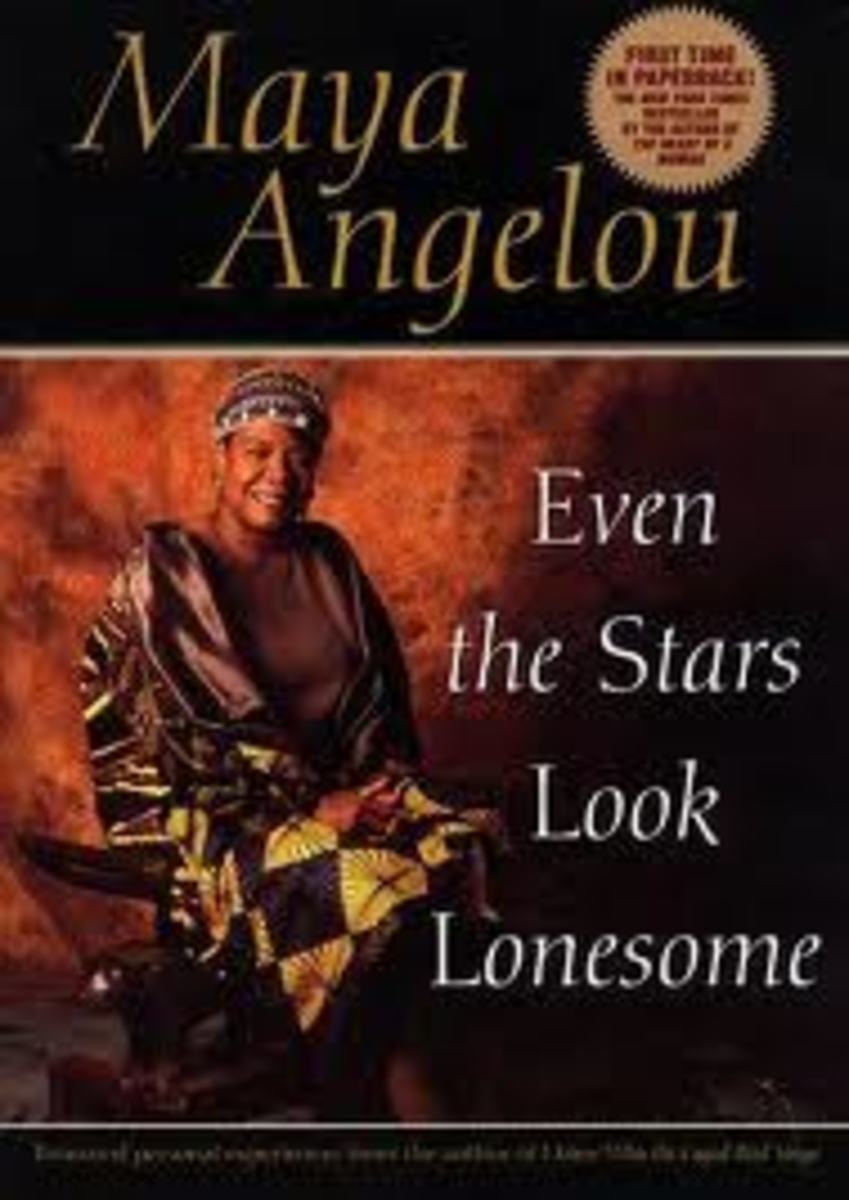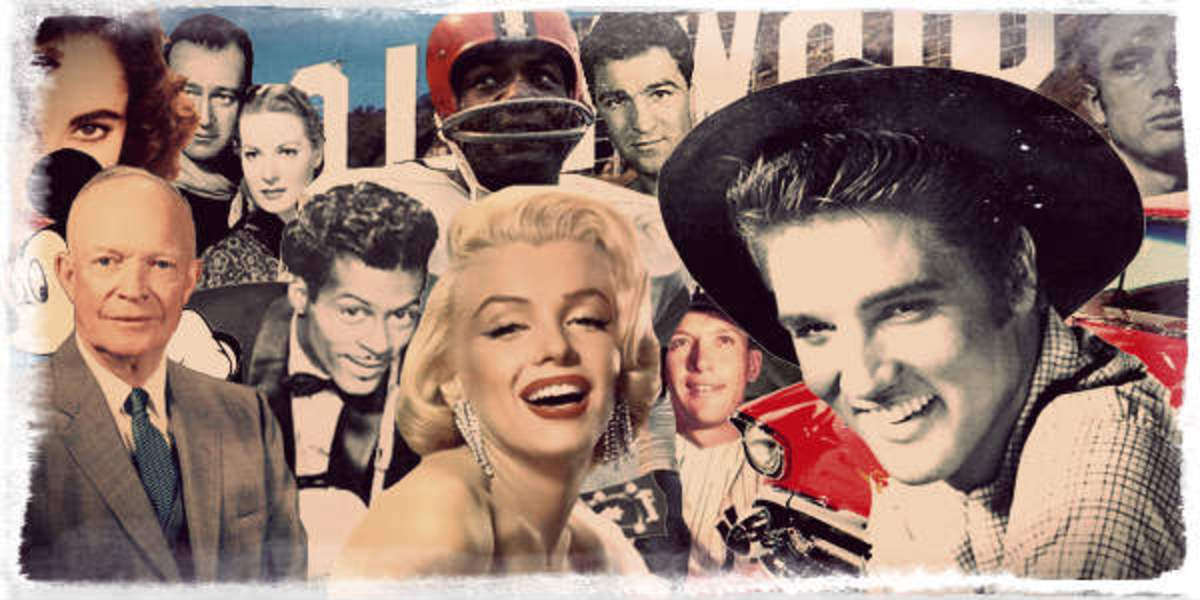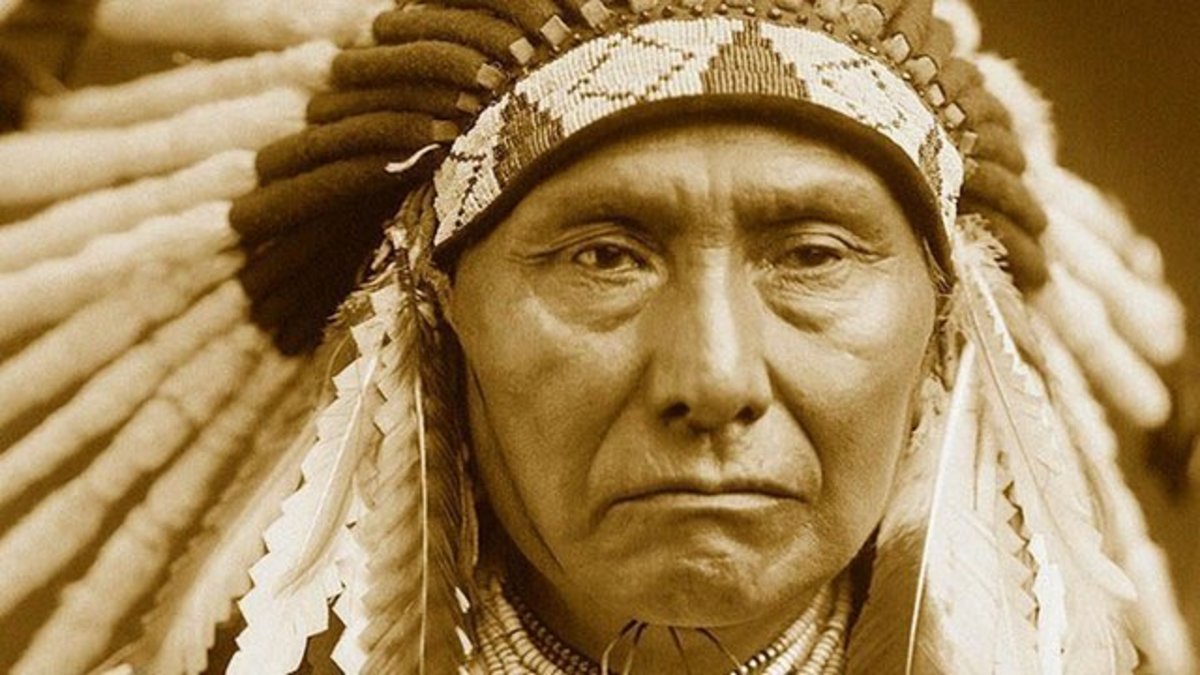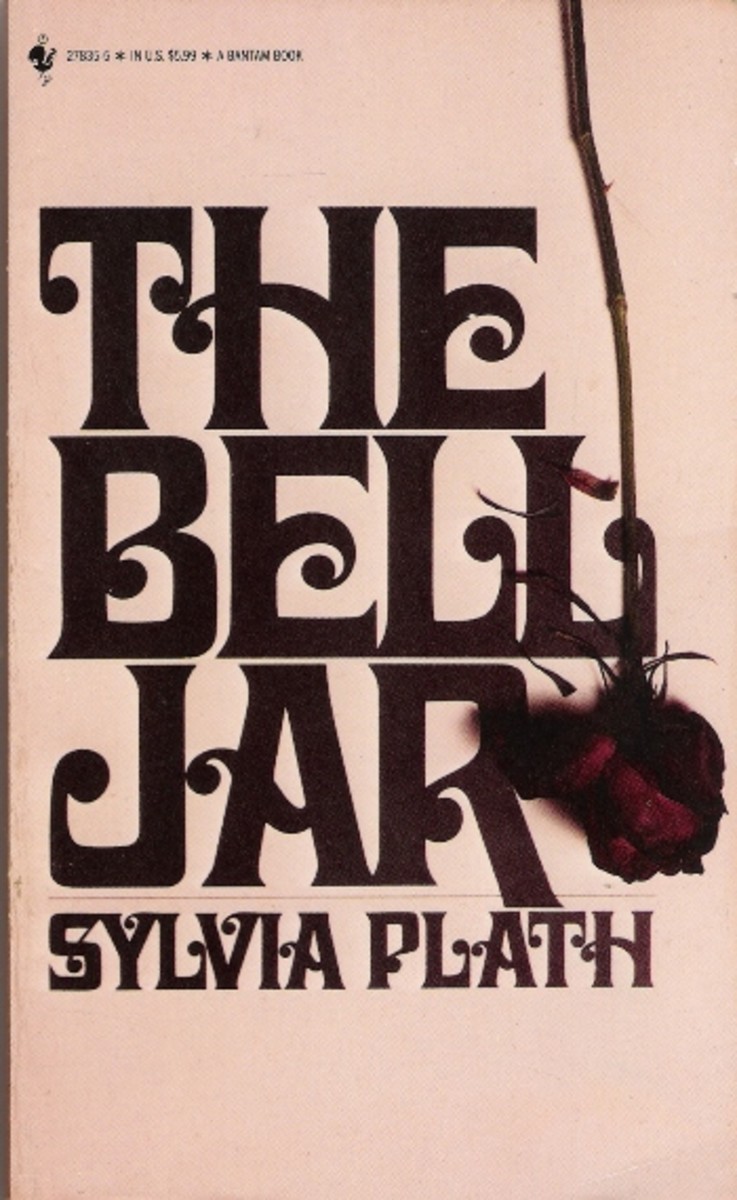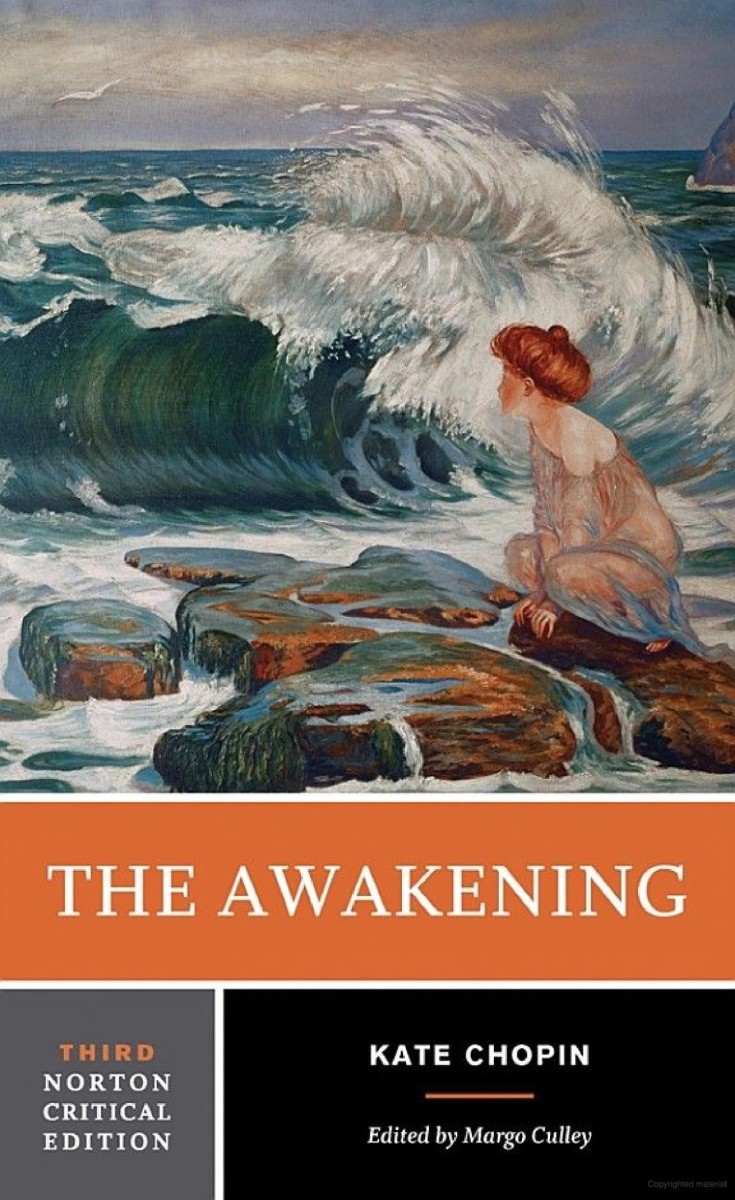American Literature prior to Civil War
To: Literature Buffs and Students
The content for this hub was inspired by homework assignments for one of my literature classes. It is my hope that just as I have benefited from the work of other English/Literature students, someone else can benefit from mine. This is in no way an invitation to plagiarize, or otherwise use me to cheat on your homework. If any of my thoughts prove useful to you, feel free to properly cite this hub in your own writing. :-)
Three Pens Six Nibs

Development of American Lit.
In a way, American literature began with the oral traditions of the indigenous tribes who inhabited the continent, long before the Europeans arrived. Since the tribes had no written language until much later, a study of American written works probably begins with the writings of Captain John Smith and other European explorers and settlers.
The earliest examples of American literature are narratives recording the adventures and experiences of the early settlers. Captain Smith was something of a sensationalist, which does tend to make his journal entries a bit more exciting. ‘Of Plymouth Plantation’ by William Bradford seems to be less embellished, but is basically the same type if literature; a recounting of events as seen through the eyes of a participant. A little bit later, after the colonies are beginning to establish themselves, we see more creative works, such as the poetry of Anne Bradstreet. In her work, Bradstreet not only chronicles some of the events of her life, but she gives poetic voice to the wonder inspired by the landscapes and unspoiled beauty of North America. An example of this is the poem ‘Contemplations’ in which we find the lines
Some time now past in the autumnal tide...
The trees all richly clad, yet void of pride...
Their leaves and fruits seemed painted, but was true
Of green, of red, of yellow; mixed hue
Rapt were my senses at this delectable view (Bradstreet 1, 3, 5-7).
Concerned about the development of this new nation, some Americans wrote literature exhorting their fellow citizens to live wisely and justly. This is the case with Benjamin Franklin’s ‘The Way to Wealth’ (1758). During the years leading up to the Revolutionary War, much of the printed literature had to do with the colonies’ relationship to the English crown. Thomas Paine’s ‘Common Sense’ is an example of such literature. In the midst of debate over American freedom from British rule, Anti-slavery literature began to make an appearance. Francis Wheatley started two closely linked literary traditions with her poetry; that of African American literature, and literature by female African American authors.
In the years following the Revolutionary War, American Literature continued to be largely autobiographical in nature, with many noted people publishing their life stories, or excerpts thereof. Benjamin Franklin, Olaudah Equiano, and Samson Occom are three examples of people who felt that sharing their stories would benefit others.
It was not until the 1800’s that American literature really began to come into its own. Nathaniel Hawthorne wrote quite a bit on American subjects, using Puritan New England several times as his setting. Washington Irving’s ‘Rip Van Winkle’ was very much an attempt to create an American fairy tale, akin to the stories Europeans had been telling each other for years. At the same time, the story is a commentary on the many changes the country was undergoing in the transition from being a group of English colonies to being a unified nation. Edgar Allan Poe wrote several tales of Gothic horror and invented the modern detective story, as well as contributing some brilliant poems to the genre of American literature. Henry Wadsworth Longfellow became a very popular poet, and his ‘A Psalm of Life’ seems an anthem for the times, reminding the reader that
Lives of great men all remind us
We can make our lives sublime
And, departing, leave behind us
Footsteps on the sand of time (25-28).
Emerson and his fellow transcendentalists called for a broadening of horizons and new ways of thinking and experiencing God. They asked, “Why should not we also enjoy an original relation to the universe?” (Emerson 492). In response to Emerson’s call for poets who embodied what it was to be American in their work, Walt Whitman wrote his poetic compilation, Leaves of Grass.
While the writers of the time were forging an identity for American literature, distinct from, but related to European works, the nation was building up to Civil War. The question of slavery was one which all the great writers of the time addressed, but none caused as much of a reaction, positive and negative, as Harriett Beecher Stowe. ‘Uncle Tom’s Cabin’ (1852) became the abolitionist text, and inspired many pro-slavery Americans to take up their pens in response.
As the nation polarized and divided over the issue of slavery, a lot of creative progress was made. The mid-nineteenth century saw the birth of several American literary traditions, as Walt Whitman and Emily Dickinson broke and invented the rules of poetry to suit their needs and Rebecca Harding Davis wrote her realist reform novel ‘Life in the Iron Mills’(1861, 1865). In the same period, Romanticism made its influence felt in the works of authors such as Emerson, Thoreau, and Poe.

Works Cited
Bradstreet, Anne. "Contemplations." The Norton Anthology of American Literature. Shorter 7th ed. Vol 1. Gen. Ed. Baym, Nina. New York, NY: W.W. Norton & Company, Inc., 2008. 99. Print
Longfellow, Henry Wadsworth. "A Psalm of Life." The Norton Anthology of American Literature. Shorter 7th ed. Vol 1. Gen. Ed. Baym, Nina. New York, NY: W.W. Norton & Company, Inc., 2008. 646. Print
Emerson, Ralph Waldo. "Nature." The Norton Anthology of American Literature. Shorter 7th ed. Vol 1. Gen. Ed. Baym, Nina. New York, NY: W.W. Norton & Company, Inc., 2008. 492. Print


